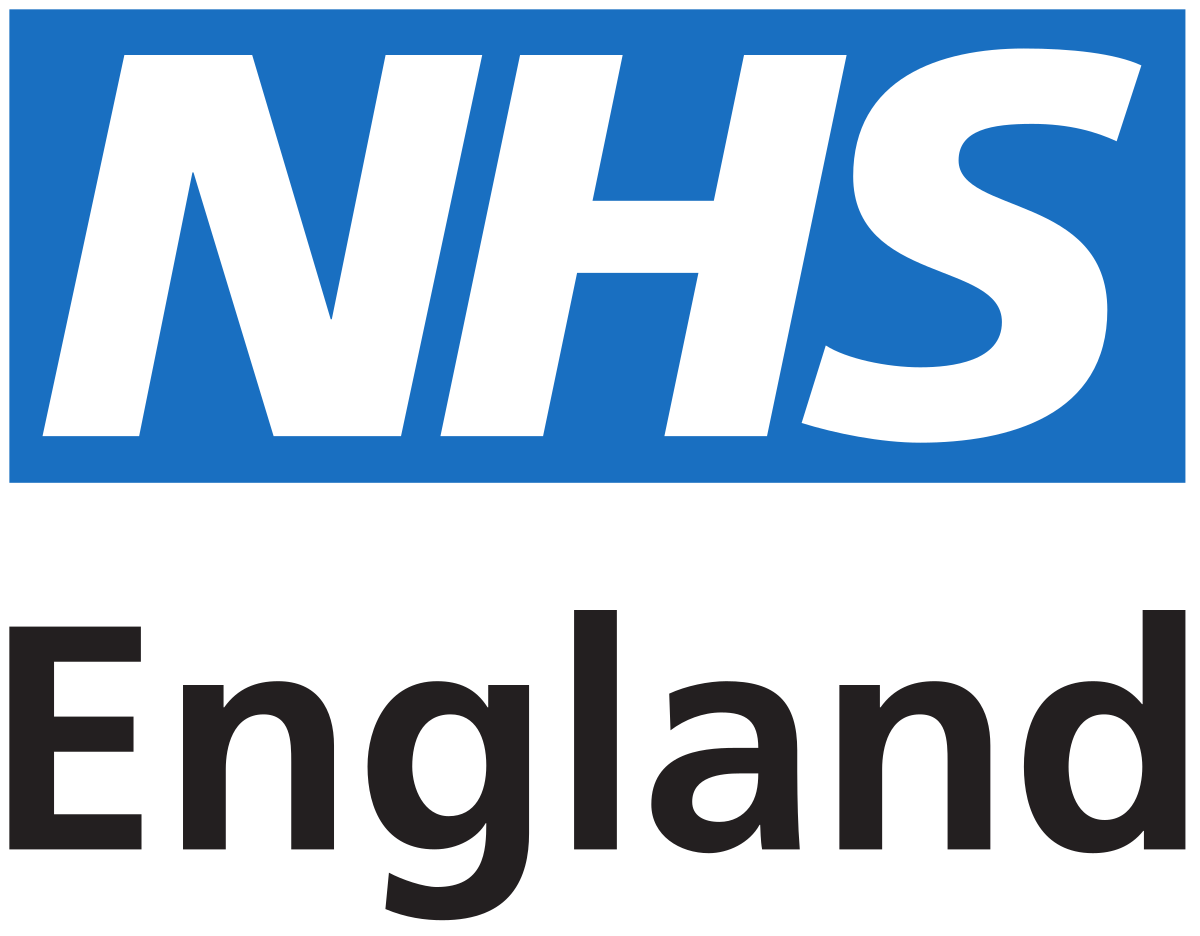
NHS Blood and Transplant are urging people in Cheshire to give blood as new targets reveal 1,891 new donors are needed in the area to save lives over the next year.
Nationally one million more blood donors are needed over the next five years to ensure patients receive the right type of blood to save and improve their lives, with a particular need for Black African, Black Caribbean and younger donors.
The five-year Blood Service Strategy, published at the start of National Blood Week, sets ambitious plans to recruit up to a million new donors and double the number of regular donors with the rarest blood types. This will ensure better matched blood types for patients in the future and reduce health inequalities.
Most people know the main blood types - O positive (35 per cent of the population), O negative (13 per cent), A positive (30 per cent), A negative (8 per cent), B positive (8 per cent), B negative (2 per cent), and AB positive (2 per cent). But the public is less familiar with the many sub-types that can provide an even better match to improve their treatment.
There is a particular urgency for more donors of Black African and Black Caribbean ethnicity to treat people with sickle cell. Sickle cell is the fastest growing genetic blood disorder in the UK and mostly affects people of Black heritage. It requires regular transfusions – most often with the specific blood sub type Ro. Most patients are children, and demand for Ro blood is projected to double from 2016/17 – 2025/26. Fifty five percent of Black blood donors have the Ro subtype compared to 2.4% of donors from other ethnicities.
Stephen Cornes, Director of Blood Supply at NHS Blood and Transplant said:
“Currently we can only meet around half of the demand for Ro blood through our existing donor base and demand for this rare blood type is rising. This means many sickle cell patients often receive less well-matched blood which, while clinically suitable, can pose a longer-term risk to patients who receive regular transfusions. We urgently need new Black African and Black Caribbean donors to come forward and donate blood.
“In addition to the rarest blood types, we also need 1 million new donors over the next five years of all blood types. As the NHS treats more patients, we need to grow the total number of donors too.
“We carefully manage stocks to ensure we do not waste any precious blood. If you cannot get an appointment immediately it is because we have enough of your blood type right now. Please book for a later date or respond when we contact you.”
Blood donation generally takes up to an hour and you will be doing something amazing. Once donated, blood is taken to NHSBT laboratories where it is divided into:
-
Platelets: Platelets help to stop bleeding and can be donated directly. Donors with A negative, A positive or AB negative blood are mostly needed. 69 per cent treat people with cancer, 17 per cent helps people after surgery, 8 per cent treat diseases, and 6 per cent help adults and babies in intensive care.
-
Red cells: two thirds are used to treat a vast range of conditions including sickle cell, anaemia, cancer and blood other disorders. One third is used in surgery and emergencies including childbirth.
-
Plasma: 17,000 people are treated with medicine made from plasma. Plasma can be used to stop blood loss in trauma patients and is also made into a medicine for people with weak immune systems. People can also donate plasma directly.
NHSBT carefully manages blood stocks to ensure the system is as efficient as possible. Red blood cells have a shelf life of 35 days, although some of the ultra-rare types are stored in NHSBT’s frozen blood bank in Liverpool.
Appointments to donate blood are arranged based on a donors’ blood type to meet future patient needs. Knowing our type is an essential part of being a next-generation donor.
A mass public campaign is being held this National Blood Week and throughout June to identify people with most needed blood types. Young people and those of Black African or Black Caribbean heritage are being urged by the NHS to find out their blood type, by making their first donation at one of the many events being held at Blood Donor Centres in England.
NHS Blood and Transplant Advocate and star of Channel 4’s A Place in The Sun Scarlette Douglas knows how important blood is after her brother received 48 units of blood over more than six hours. He suffered a life-threatening stab wound in his chest when he disturbed a burglar.
Scarlette, who has Ro blood herself, said: “Blood donors saved my brother’s life but blood will only be there in the future if young people of every heritage sign up as the next generation of donors.
“Finding matching blood for people of black heritage is particularly hard, so more black donors are urgently needed.
“Please make an appointment or get along to a blood type testing event – your blood will be a match for someone who needs it, and you will save lives.”
Dr Bola Owolabi, Director – Health Inequalities at NHS England, said: “A shortage of blood donation from people of a Black heritage often means that some patients don’t receive the best blood-type match and are therefore at risk of serious complications.
“Tackling healthcare inequalities is one of the NHS’ top priorities and increasing the number of Black African and Black Caribbean blood donors is crucial in improving outcomes for sickle cell patients especially.
“I would urge anyone who is able to give blood to come forward as soon as possible – you are vital in saving the lives of your neighbours, friends and communities who are battling this disease.”
Attend a What’s Your Blood Type event or register today and book an appointment by visiting blood.co.uk, downloading the GiveBloodNHS app or by calling 0300 123 23 23. Or if you are an existing donor and have not donated in a while, please book your next appointment, or keep checking back for future appointments.
-
NHS Blood and Transplant is a joint England and Wales Special Health Authority. We provide the blood donation service for England and the organ donation service for the UK. We also provide donated tissues, stem cells and cord blood. We are an essential part of the NHS, saving and improving lives through public donation.
-
It is quick and easy to book an appointment to give blood. Call 0300 123 23 23 or visit www.blood.co.uk
-
NHSBT has 25 permanent donor centres in London (Tooting, Edgware, West End, Shepheard’s Bush and Stratford) Manchester (Plymouth Grove and Norfolk House), Cambridge, Luton, Nottingham, Sheffield, Leicester, Bradford, Leeds, Newcastle, Lancaster, Liverpool, Stoke, Birmingham, Bristol, Gloucester, Oxford, Southampton, Poole and Plymouth. Our mobile teams also collect blood at community venues such as church halls around the country.
-
NHS Blood and Transplant needs to collect 1.45 million units of blood each year to meet the needs of patients across England.
-
There are four main blood groups – O, A, B and AB. O negative (the universal blood group) and B negative are particularly vulnerable to shortfalls. So, we want people with those blood groups to donate as regularly as they can.
-
The overall demand for blood is falling by 3-4% per year due to improvements in clinical practice and our work with hospitals to ensure blood is used appropriately for patients.
-
We need up to 200,000 new blood donors each year to replace those who stop donating and to ensure we have the right mix of blood groups to match patient needs in the future
-
We urgently need more black donors as they are more likely to have the blood type needed to treat the increasing number of patients suffering from sickle cell disease.
-
There are free, curriculum-linked, online resources for secondary school teachers in England, to help educate Key Stage 3 and 4 students (11-16-year-olds) about blood, organ and stem cell donation. Visit www.nhsbt.nhs.uk/teaching-resources to find out more.
-
There is an urgent need for donors with Ro blood. Only 2% of our donors have Ro type blood. Collecting enough is a constant challenge. Ro is often used to save people with the rare blood disorder, sickle cell disease. Ro blood is ten times more common in black people than in white people.
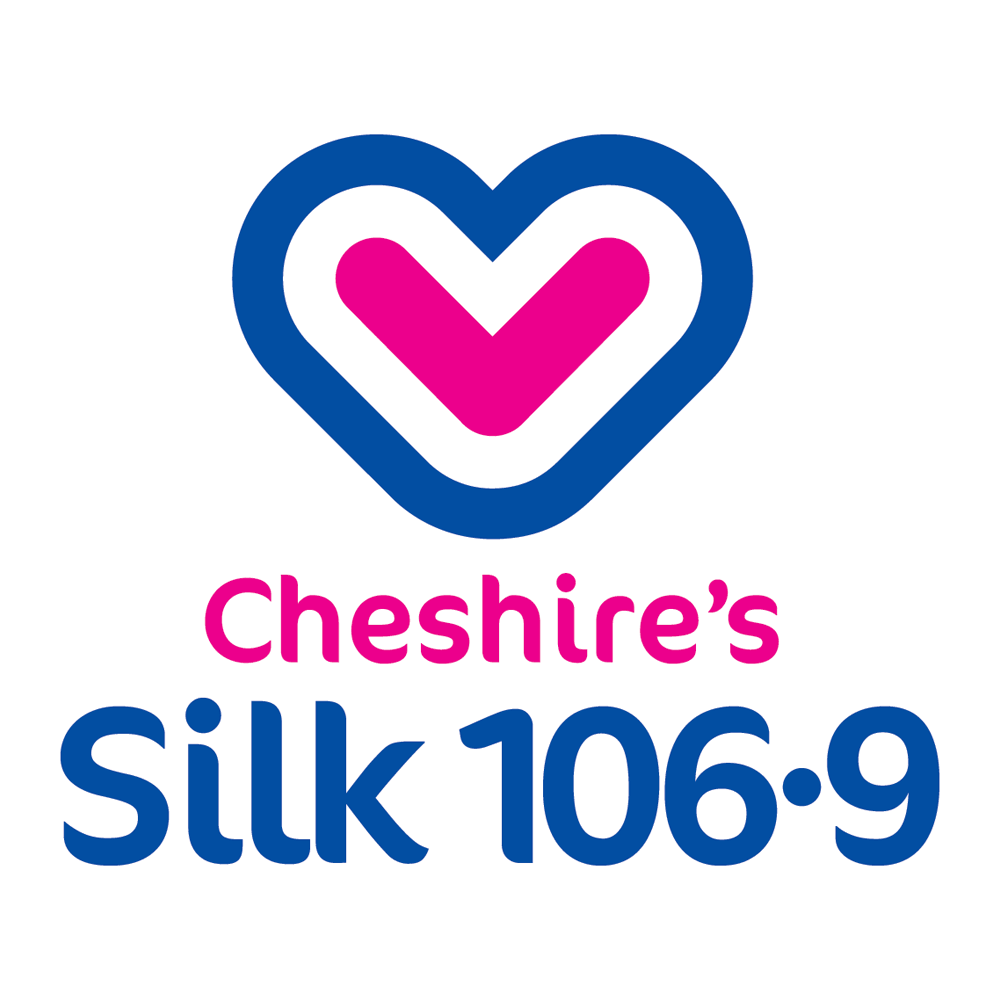
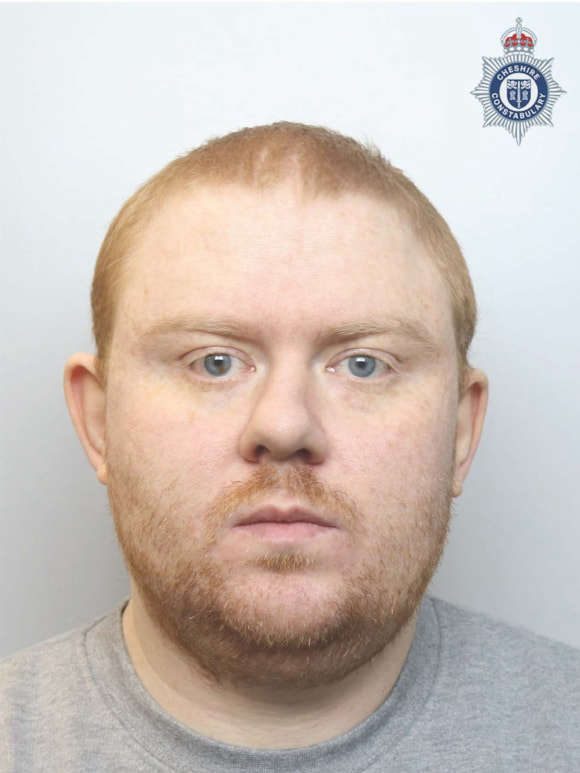 Crewe man jailed for sexually abusing young boys online
Crewe man jailed for sexually abusing young boys online
 Fun for all ages at Reaseheath College’s annual Family Festival
Fun for all ages at Reaseheath College’s annual Family Festival
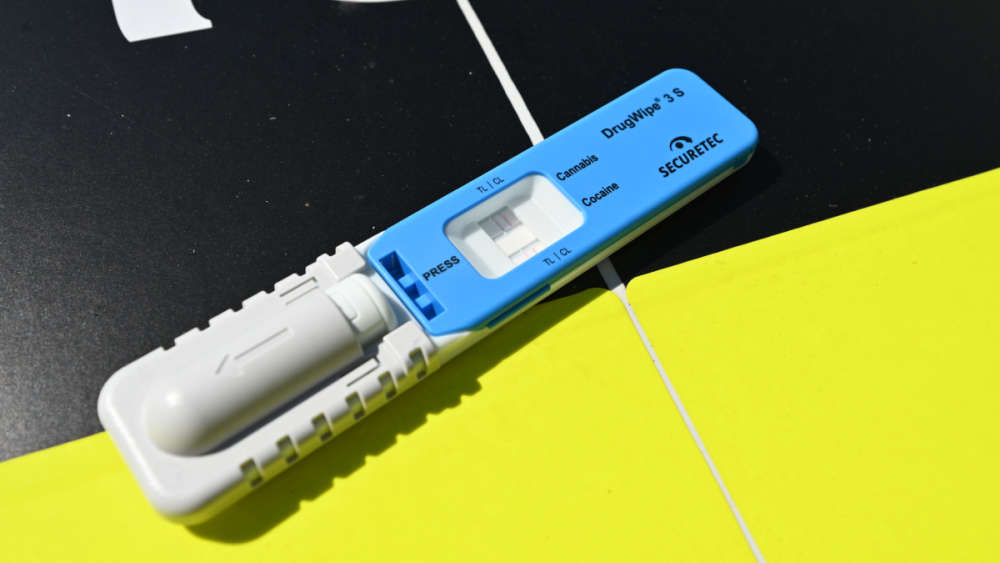 Cheshire Police among top performing forces for tackling drink and drug driving
Cheshire Police among top performing forces for tackling drink and drug driving
 Appeal for information following serious collision near Congleton
Appeal for information following serious collision near Congleton
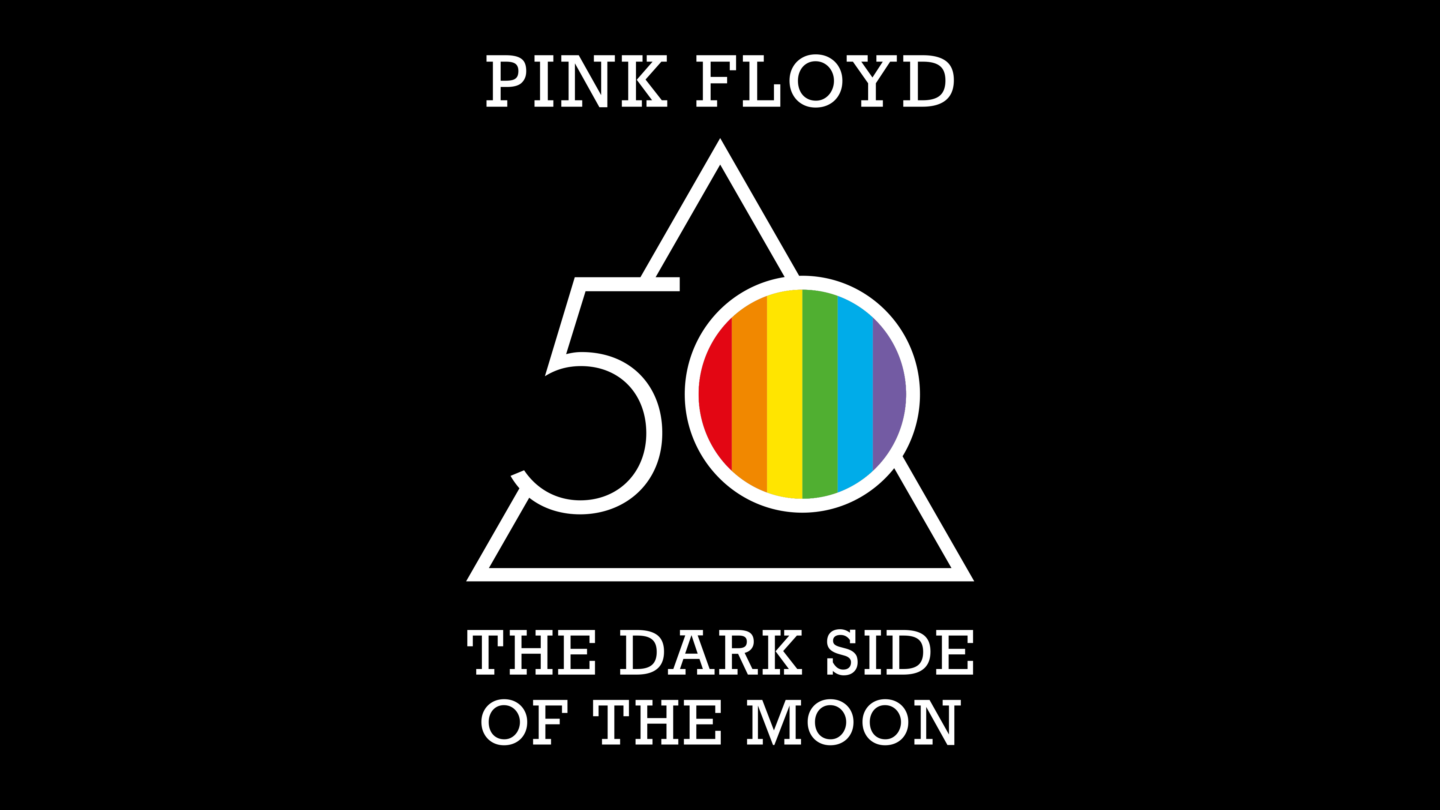 Pink Floyd: The Dark Side of the Moon returns to Jodrell Bank
Pink Floyd: The Dark Side of the Moon returns to Jodrell Bank
 Drug dealer sentenced following successful stop and search in Northwich
Drug dealer sentenced following successful stop and search in Northwich
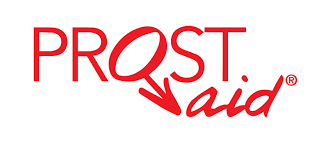 Inspired Villages complete a 7,500-Mile Charity Cycling Challenge in aid of PROSTaid UK
Inspired Villages complete a 7,500-Mile Charity Cycling Challenge in aid of PROSTaid UK
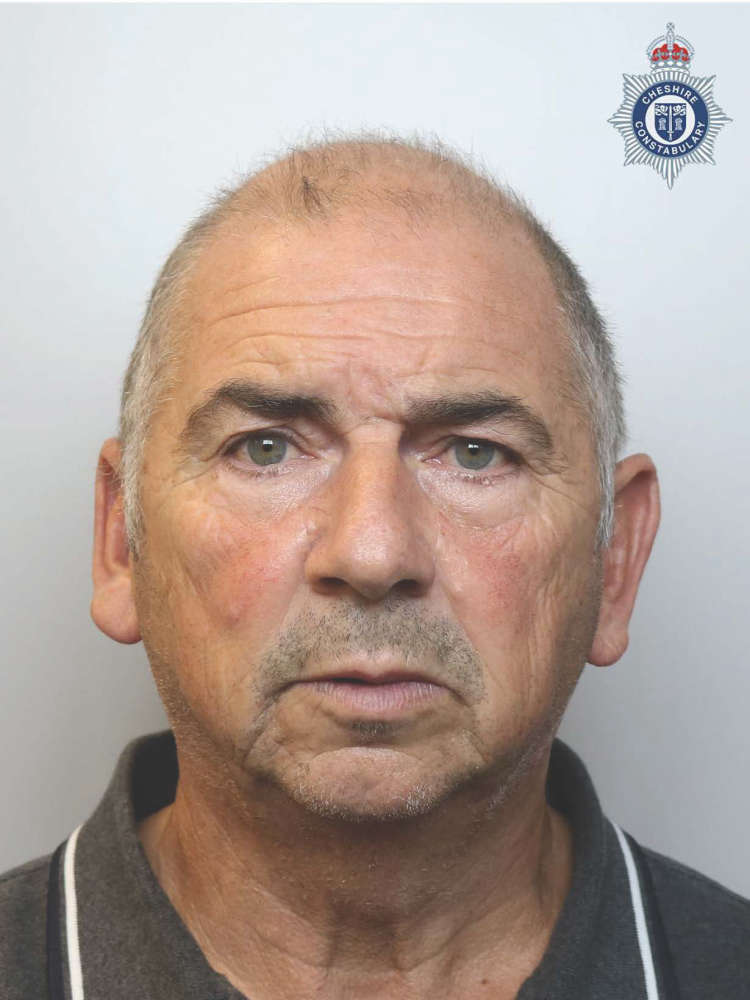 Man found guilty following historic sexual abuse of a child over 20 years ago
Man found guilty following historic sexual abuse of a child over 20 years ago
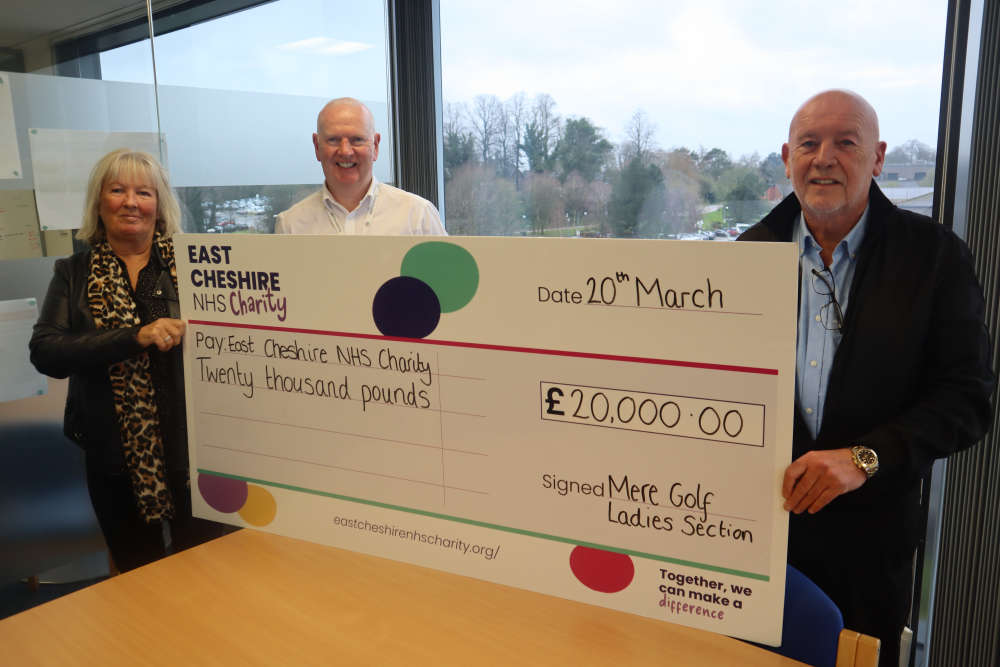 Local golf club donates £20,000 to East Cheshire NHS Charity
Local golf club donates £20,000 to East Cheshire NHS Charity
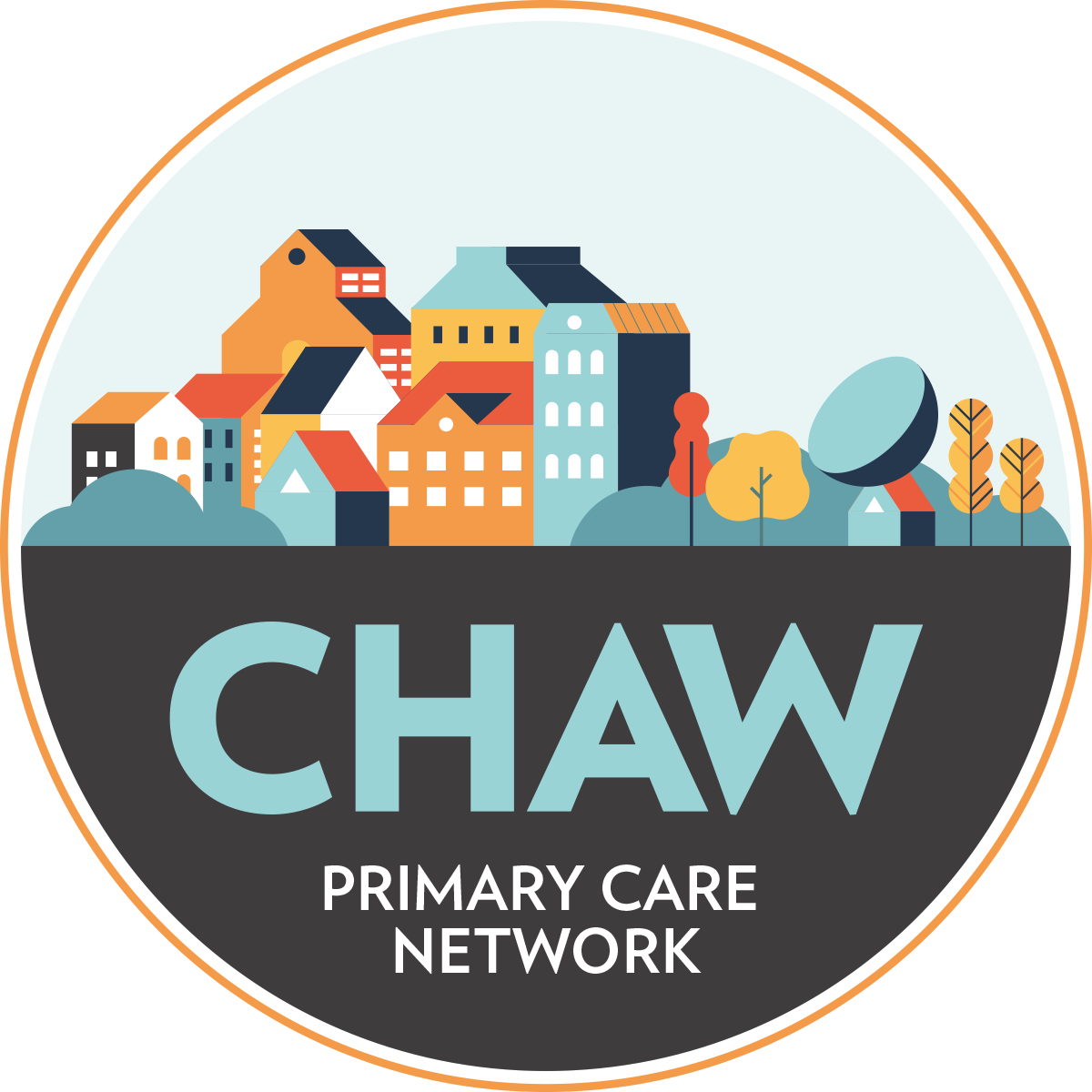 Free Health and Wellbeing Fair at Wilmslow Leisure Centre
Free Health and Wellbeing Fair at Wilmslow Leisure Centre
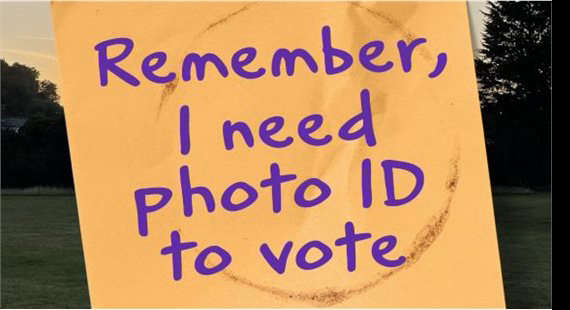 Check you have the right photo ID to vote in person on 2nd May
Check you have the right photo ID to vote in person on 2nd May
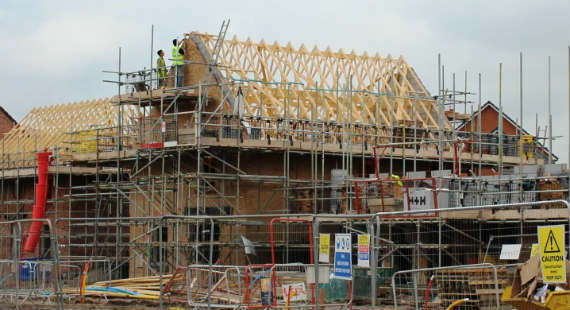 Work starts on a new Cheshire East Local Plan
Work starts on a new Cheshire East Local Plan
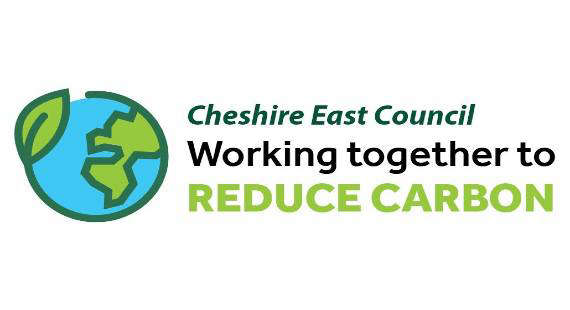 Council asks – Can you help us tackle climate change?
Council asks – Can you help us tackle climate change?
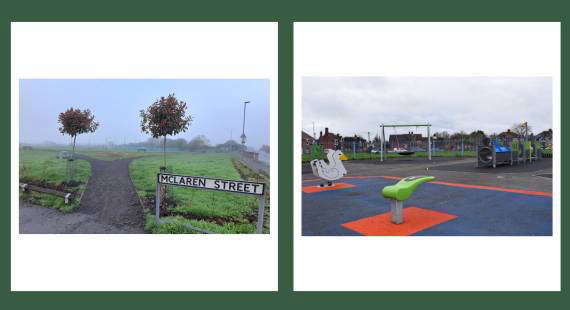 First ‘Pocket Park’ revamped in Crewe
First ‘Pocket Park’ revamped in Crewe
 Knutsford man and his cousins take on the Manchester Marathon to fundraise for The Christie Charity
Knutsford man and his cousins take on the Manchester Marathon to fundraise for The Christie Charity
 Macclesfield Charity Celebrates Funding With Local MP
Macclesfield Charity Celebrates Funding With Local MP
 Shrigley Hall Hotel and Spa celebrates fundraising partnership with East Cheshire NHS Charity
Shrigley Hall Hotel and Spa celebrates fundraising partnership with East Cheshire NHS Charity
 East Cheshire NHS Charity launches appeal to support wellbeing of staff and patients at Congleton War Memorial Hospital
East Cheshire NHS Charity launches appeal to support wellbeing of staff and patients at Congleton War Memorial Hospital



Comments
Add a comment